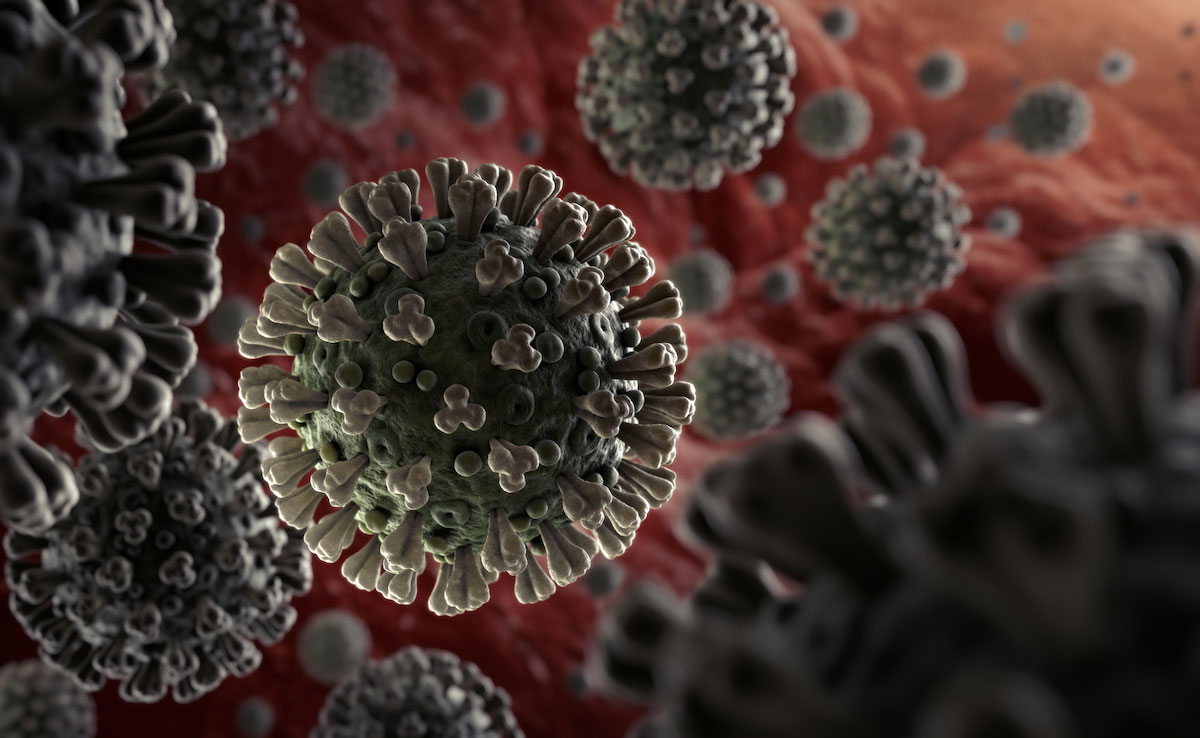<< Back
The Race to Develop a Coronavirus Vaccine

March 04, 2020
Some people have tried to minimize coronavirus as a health threat, citing the seasonal flu’s far greater number of cases, hospitalizations and deaths.
That would be a mistake.
With at least 32 million cases, 310,000 hospitalizations and 18,000 deaths in the United States alone during the current season, according to the Centers for Disease Control and Prevention’s Feb. 22 report, flu sounds like much more of a health risk. Coronavirus, meanwhile, has infected more than 94,000 people worldwide — at least 80,000 of those in China — and caused at least 3,200 deaths.
It’s the uncertainty of coronavirus, and lack of a vaccine, that concerns public health officials. More ominously, the coronavirus death rate is much higher, at 3.4 percent according to the World Health Organization, than the seasonal flu that typically kills much fewer than 1 percent of those infected.
The flu vaccine, says the CDC, reduces doctor’s visits for the seasonal illness by 45 percent overall and 55 percent in children.
A coronavirus vaccine?
Officials with the National Institute of Allergy and Infectious disease hope for a quick turnaround by drug-makers because Chinese scientists sequenced the virus’ genome — its hereditary information — so quickly. A vaccine will be ready for testing on humans in April, says institute director and White House coronavirus task force expert Anthony Fauci, but it will take at least a year before it would be classified safe for use by the general public.
That vaccine, by Moderna Therapeutics, was ready in a drug-industry-record 42 days after China made the genomic sequence available.
Other efforts have concentrated on testing the effectiveness of existing drugs on the coronavirus. The first clinical trial in the United States, a University of Nebraska Medical Center evaluation of the antiviral drug remdesivir in adults diagnosed with coronavirus, was confirmed Feb. 25 by the National Institutes of Health.
Johnson & Johnson has begun work on a vaccine that would use a deactivated version of the virus to encourage an immune response without causing an infection. These are only two of the many attempts by drug-makers to find a safe and effective answer to this global health threat.
Not feeling well? Call your healthcare provider for guidance and try to avoid going directly to an emergency department or urgent care center, as this could increase the chances of the disease spreading.
Click here to schedule a virtual visit with a Hartford HealthCare-GoHealth Urgent care doctor.
Stay with Hartford HealthCare for everything you need to know about the coronavirus threat. Click here for information updated daily.
Questions? Call our 24-hour hotline (860.972.8100 or, toll-free, 833.621.0600).
Get text alerts by texting 31996 with COVID19 in the message field.